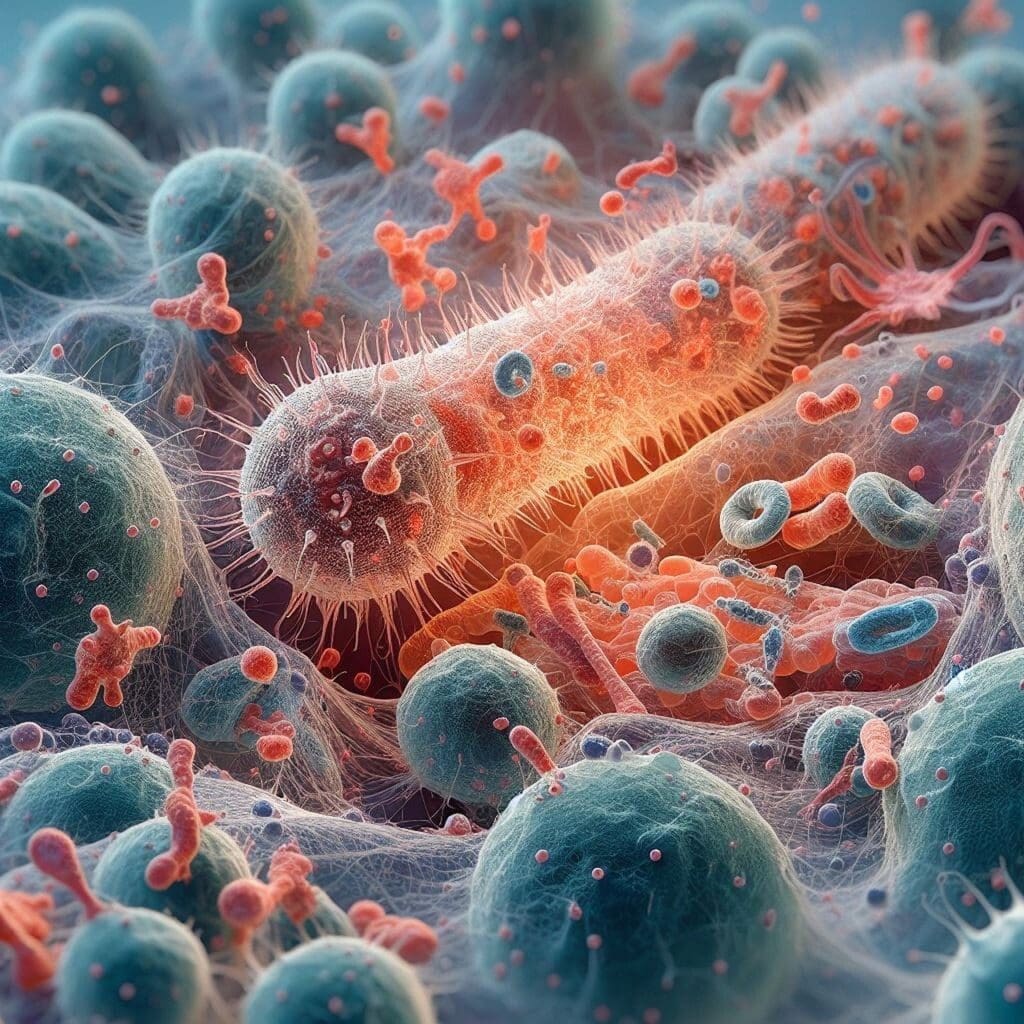New insights into inflammation and insulin resistance in muscle cells
A new study led by Prof. Dr. Kai Kappert from Charitûˋ ã UniversitûÊtsmedizin Berlin sheds light on the role of inflammatory processes in the development of insulin resistance in muscle cells. The study, published in the journal “Cellular Signalling”, investigates how pro-inflammatory cytokines such as TNF, IL-1öý and IL-6 influence the insulin signaling chain in murine skeletal muscle cells and what role protein tyrosine phosphatases (PTPs) play in this.
Inflammation triggered by infection, injury, oxidative stress or obesity can disrupt cell homeostasis and promote insulin resistance, a key factor in the development of type 2 diabetes and other metabolic diseases such as fatty liver disease or muscle wasting in the critical care context. Skeletal muscle is a central insulin-sensitive tissue that handles the majority of insulin-mediated glucose uptake. The study focuses on the interactions between cytokines and the enzymes PTPN1 (PTP1B) and PTPN2 (TCPTP), which are known as negative regulators of the insulin signaling chain.

The researchers investigated the effects of TNF, IL-1öý and IL-6 on the insulin signaling chain in C2C12 myotubes, an established cell line of murine skeletal muscle cells. They analyzed the protein levels and activities of PTPN1 and PTPN2 after cytokine treatment as well as their influence on insulin action through pharmacological inhibition and siRNA-mediated knockdown. Surprisingly, it was found that the insulin effect was largely retained despite cytokine stimulation. The cytokines triggered different kinetics and expression patterns of PTPN1 and PTPN2 as well as insulin signaling molecules without significantly impairing insulin function.
The study found that knockdown of PTPN1 had no significant effect on the insulin signaling pathway, while knockdown of PTPN2 increased glucose uptake in cells. This suggests that PTPN2 plays a more specific role in regulating insulin action. However, a general inhibition of PTPs by sodium orthovanadate confirmed that PTPs are fundamentally negative regulators of the insulin signaling chain. The results show a complex dynamic between cytokines, PTPs and insulin signaling pathways, which must be taken into account in the development of new therapeutic approaches for inflammation-related diseases such as type 2 diabetes.
The researchers emphasize that the different effects of cytokines and the compensatory mechanisms in PTP regulation illustrate the complexity of the signaling pathways. These findings could help to develop more targeted therapies that better address inflammation-related insulin resistance and associated metabolic disorders. The study highlights the need to further explore the molecular mechanisms and temporal dynamics of inflammation and insulin resistance in order to develop more precise approaches for the prevention and treatment of metabolic diseases.
Original Paper:
Editor: X-Press Journalistenbû¥ro GbR
Gender Notice. The personal designations used in this text always refer equally to female, male and diverse persons. Double/triple naming and gendered designations are used for better readability. ected.




